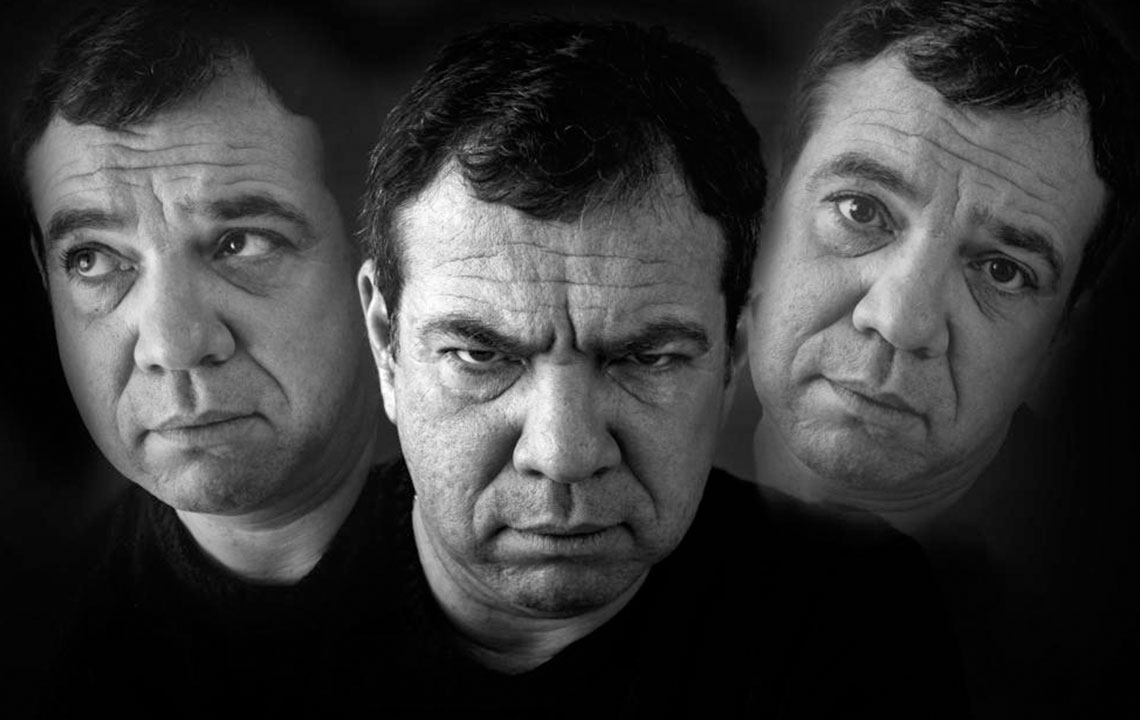A Comprehensive Guide to OCD: Symptoms, Causes, and Treatment Options
This article provides an in-depth overview of Obsessive-Compulsive Disorder, including its symptoms, causes, and effective management strategies. It explores how OCD affects individuals and highlights treatment options like therapy, medication, and lifestyle changes. Understanding OCD is vital for proper diagnosis and improved quality of life. The article emphasizes consulting health professionals for personalized care and underscores the importance of early intervention to manage this condition effectively.

Understanding OCD: Symptoms, Causes, and Management Strategies
Obsessive-Compulsive Disorder (OCD) impacts approximately 2-3% of the population, with women more frequently affected than men. It is characterized by persistent, unwanted thoughts and repetitive behaviors that individuals feel compelled to perform. These actions may not significantly disrupt daily routines but often involve rigid routines or rituals. Here’s what you need to know about OCD:
Key Indicators
Obsessions: Recurrent, intrusive thoughts that induce anxiety—such as fears of germs leading to excessive cleaning.
Compulsions: Repetitive actions aimed at reducing the anxiety from obsessions—like frequent hand washing or sanitizing.
These thoughts are often irrational, yet those with OCD are aware of their absurdity. The disorder’s cause remains uncertain, though genetics and brain activity—especially serotonin response—are believed to contribute.
Diagnosing OCD involves thorough evaluation by healthcare professionals, typically through detailed questionnaires covering routine habits, presence of obsessive thoughts, and their impact on life. Treatment options include cognitive-behavioral therapy (CBT), particularly exposure and response prevention, and medication. Lifestyle adjustments like balanced nutrition—rich in omega-3s, vitamins, and minerals—and mindfulness techniques can also assist in managing symptoms.
It is crucial to consult licensed healthcare providers for proper diagnosis and personalized treatment. Self-diagnosis or untreated OCD can affect overall well-being, so professional guidance is essential.
Note: The information provided is for informational purposes only. It should not replace professional medical advice. Always seek guidance from qualified healthcare professionals for diagnosis and treatment.










